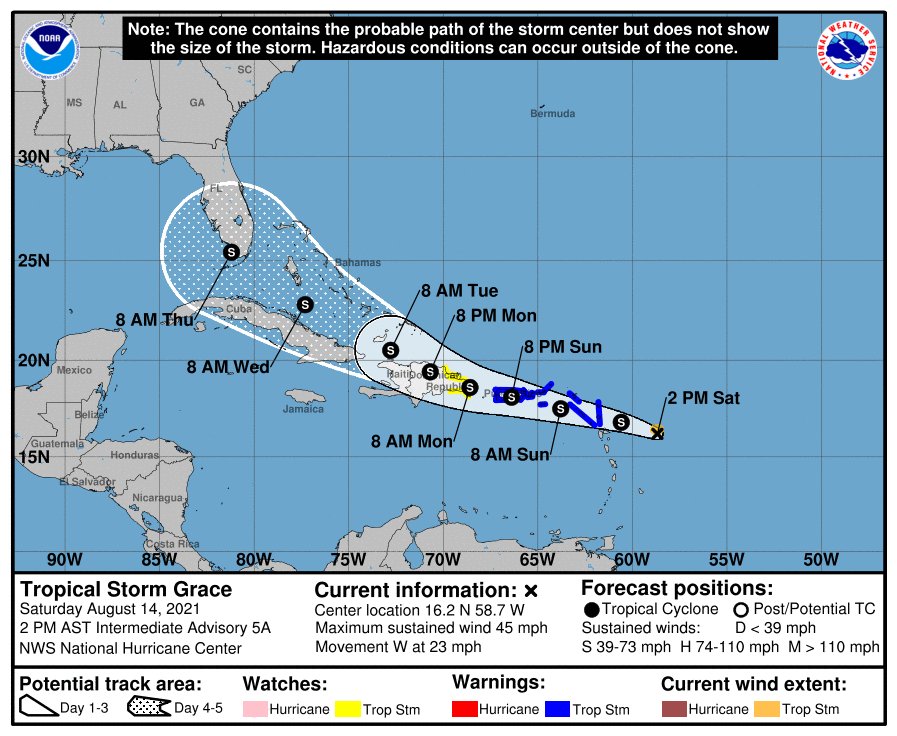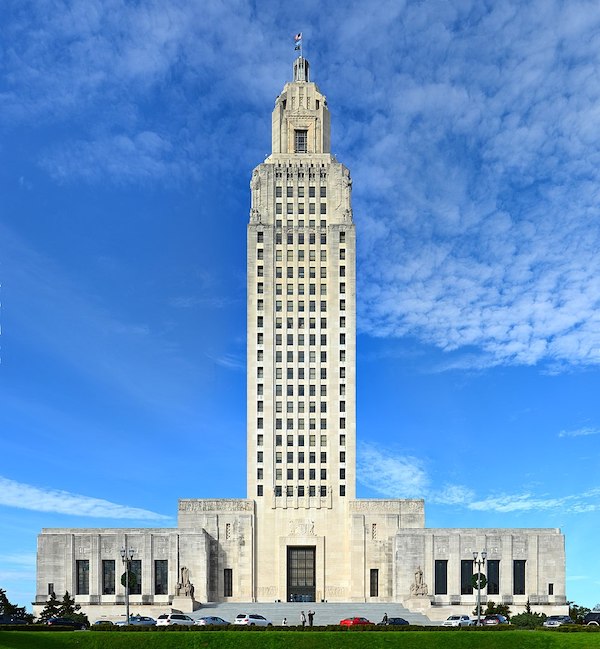
Fred no longer a Tropical Depression; Grace less organized, but still a Tropical Storm
August 14, 2021
Louisiana Project Grants offers Community-based art Project Assistance
August 15, 2021Louisiana Attorney General Jeff Landry recently joined Louisiana to a 24-state collaboration filing a legal brief at the U.S. Supreme Court in support of Mississippi’s law banning abortions after 15 weeks.
The other states are Texas, Alabama, Alaska, Arizona, Arkansas, Florida, Georgia, Idaho, Indiana, Kansas, Kentucky, Missouri, Montana, Nebraska, North Dakota, Ohio, Oklahoma, South Carolina, South Dakota, Tennessee, Utah, West Virginia, and Wyoming.
The amicus brief in Dobbs v. Jackson Women’s Health Organization, which is a pending case from 2018, argues that Roe V. Wade should be overturned because it does not carry a basis in the Constitution. Attorney General Landry’s brief submits that Roe V. Wade and Casey V. Planned Parenthood were decided wrongfully because the cases were inconsistent rulings and
Attorney General Landry’s brief submits that Roe v. Wade and Casey v. Planned Parenthood was wrongly decided and are the cause of inconsistent rulings and differing jurisprudence.
“I will never waver in my defense of the unborn, and I will always support a state’s right to protect the unborn and their mothers,” said Attorney General Landry, “Because the purported right to abortion lacks any textual or historical foundation, it is defined only by the Court’s constantly changing opinions.”
Roe V. Wade
Roe V. Wade was a landmark case where the decision on January 22, 1973, struck down a Texas statute banning abortion leading to the legalization of the procedure across the United States. woman’s right to an abortion was implicit in the right to privacy protected by the 14th Amendment to the Constitution. The court held that a woman’s right to an abortion was consistent with the right to privacy protected by the 14th Amendment to the Constitution. Abortion was illegal before the case.






